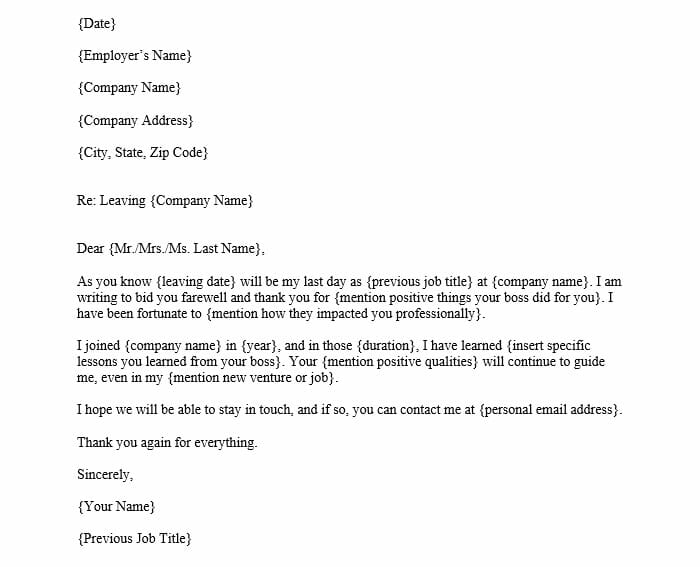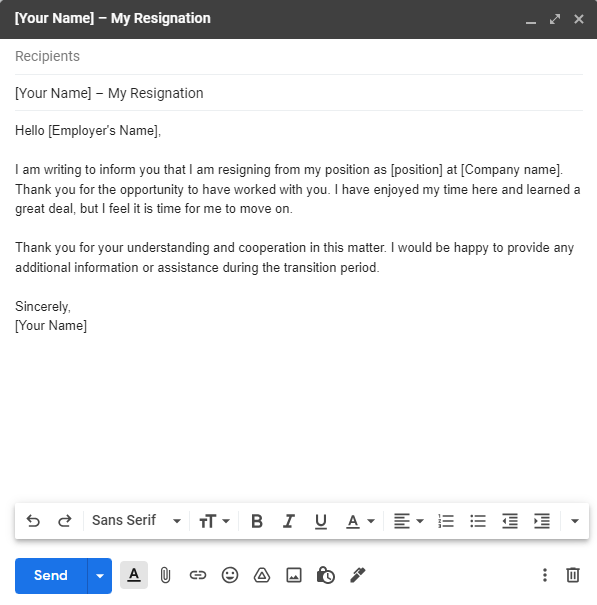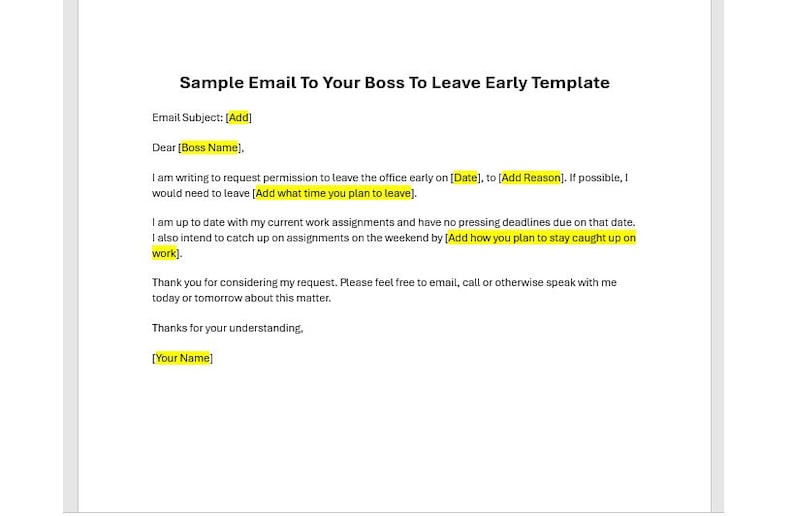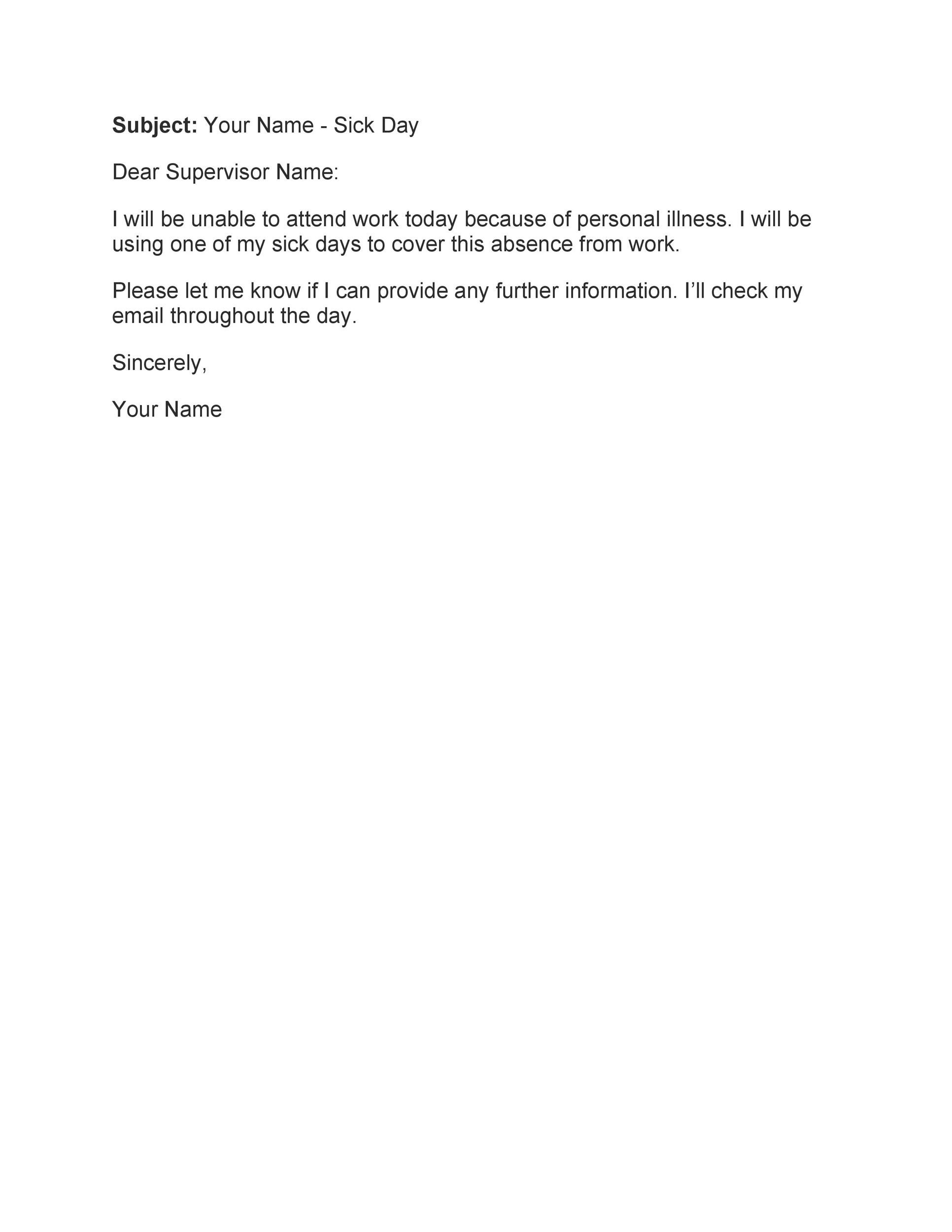How To Tell Your Boss You Are Leaving Examples

The office hummed with the familiar click-clack of keyboards and the murmur of afternoon meetings. Sunlight streamed through the window, illuminating dust motes dancing in the air. But for Sarah, sitting at her desk, a knot of anxiety tightened in her stomach. Today was the day she'd tell her boss she was moving on, a bittersweet moment of closing one chapter and beginning another.
Navigating the conversation of resigning from a job can be daunting, regardless of how positive your relationship is with your manager. This article provides examples and guidance on how to approach this pivotal discussion with grace, professionalism, and clarity.
Preparing for the Conversation
Before scheduling the meeting, take time for thorough preparation. Reflect on your reasons for leaving and how you want to frame them.
Consider what details you’re comfortable sharing and what’s best kept private. Have a clear understanding of your last day and any outstanding responsibilities you need to address.
Remember to prepare a formal resignation letter that clearly states your intention to resign and your last day of employment.
Setting the Stage
Request a private meeting with your manager, preferably face-to-face. This demonstrates respect and allows for a more personal and direct conversation.
Frame your request professionally; an email like "Could I schedule a brief meeting to discuss my employment?" is a good start.
Delivering the News: Examples
Option 1: Focus on Growth
“I wanted to speak with you personally to let you know that I've accepted a new position and will be resigning from my role as [Your Role] at [Company Name]. My last day of employment will be [Date].”
“This was a difficult decision, as I’ve genuinely enjoyed my time here and appreciate the opportunities I’ve been given. However, this new role offers a significant opportunity for growth in [Specific Area] that I feel I need to pursue.”
Emphasize your gratitude for the experiences gained and skills developed at the company. This highlights the positive impact the company had on your career trajectory.
Option 2: Highlight Personal Reasons
“I’m writing to inform you that I will be resigning from my position as [Your Role] at [Company Name], effective [Date]. This decision is driven by personal circumstances.”
“While I have valued my time here, these circumstances require me to make a change. I want to express my sincere appreciation for the support I’ve received during my time at the company.”
Avoid going into unnecessary details about your personal life. Keep the explanation concise and professional.
Option 3: Emphasize Career Aspirations
“I'm writing to inform you of my decision to resign from my position as [Your Role] at [Company Name], with my last day being [Date]. I've been offered a role that aligns more closely with my long-term career aspirations in [Specific Field].”
“I am thankful for the opportunities I’ve had to learn and grow here, and I truly appreciate the mentorship I've received. I'm confident that this new role will allow me to further develop my skills in [Specific Field].”
By focusing on your future goals, you can frame your departure as a natural step in your professional journey.
Navigating the Conversation
Be prepared for your manager's reaction. They may be surprised, disappointed, or even upset.
Respond with empathy and understanding, reiterating your appreciation for the opportunity and your commitment to ensuring a smooth transition.
Offer your assistance in training your replacement or documenting your processes to minimize disruption. This demonstrates your professionalism and commitment to the company's success, even as you depart.
Following Up
After the conversation, provide your formal resignation letter promptly. This provides a written record of your resignation and its effective date.
Continue to perform your duties diligently and maintain a positive attitude during your remaining time at the company.
Leave on a high note, demonstrating professionalism and gratitude until the very end.
Building Bridges
Leaving a job is never easy, but handling the situation with grace and professionalism can leave a lasting positive impression. You never know when your paths may cross again in the future.
Maintaining a strong professional network is crucial for career growth and future opportunities.
By approaching your resignation with honesty, respect, and a focus on the future, you can ensure a smooth transition and preserve valuable relationships.

:max_bytes(150000):strip_icc()/2060865a-a00dd037c25547df8a83c13bb57cd695.jpg)
















